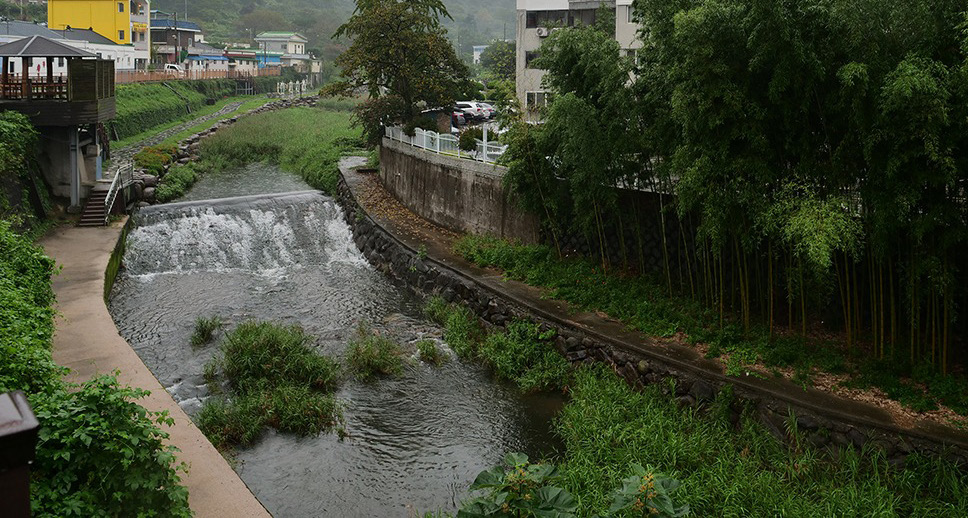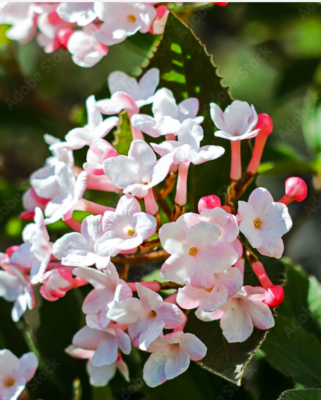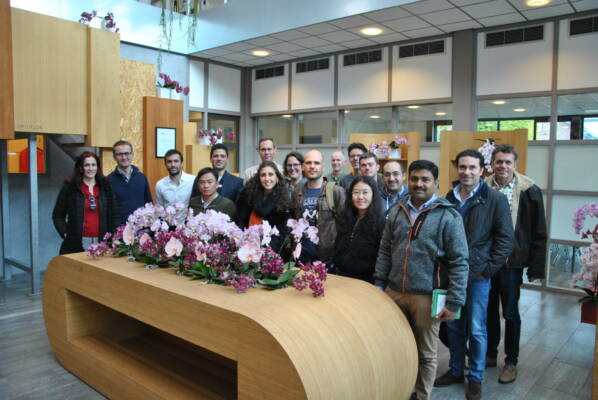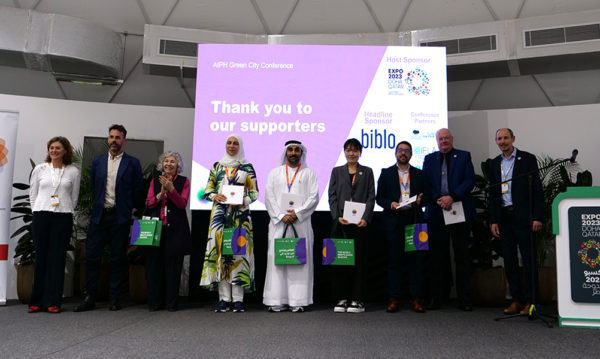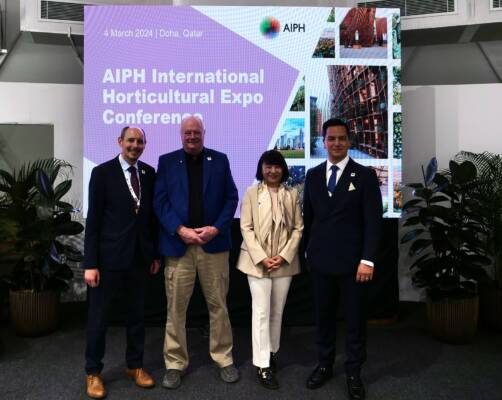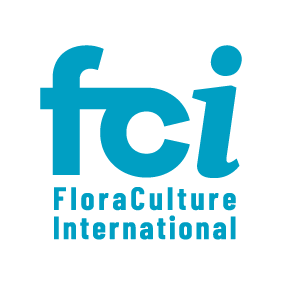The 2023 AIPH Green City conference was held in Suncheon on 20 September as part of the 75th AIPH Annual Congress. AIPH welcomed three speakers to present the initiatives that the ornamental horticulture industry is involved with to increase the quality and quantity of greening in cities. In Canada, Australia, and the Netherlands, the exact needs for urban greening are recognised, and each country has programmes that discover and deliver solutions.
The Canadian Green City Foundation was established in 2018 by the Canadian Nursery Landscape Association (CNLA) with a vision to protect, nurture and grow urban green spaces for the health and well-being of all. Mr Bill Hardy explained how it is a private foundation with a mission to connect plants and people for a greener, healthier urban climate. Through collaboration with donors and volunteers, the foundation has already created a reserve of $200,000 for new projects after only five years of activity. The Green City Foundation describes the completed or underway projects, ranging from a hospital garden, a community garden, and a pollinator park. The website clearly outlines ways to support the foundation, including donating, holding fundraising events, and volunteering. The Green Cities Foundation invites Canadian community volunteers to apply to the #GreenMyCity programme to support their project every year. Community gardens, businesses, service clubs, foundations, clubs, associations, and youth groups are encouraged to apply. Any publicly owned land contributing more productively to the community’s overall health and well-being may be eligible for restoration or revitalisation. The Green City Foundation aims to help communities create or improve green spaces that people can enjoy and improve air, soil, and water quality and the quality of life.
The ornamental horticulture industry in the Netherlands established the Dutch Green City Foundation 20 years ago with the support of the Dutch government. Mr Albert Haasnoot related that the industry was concerned that the benefits of trees and plants in providing solutions to world challenges were under-recognised. This multi-programme initiative has two aims: to demonstrate that the positive effect of greenery is measurable through scientific research and education to inform many target groups about these effects. Currently, 25 scientific studies are underway that respond to the needs of businesses, healthcare, industry organisations, education, government, and producers. Through this research, the added value of greenspace around, on and inside buildings can be quantified and reported. The findings are particularly important to the real estate sector because greening creates higher humidity and higher thermal comfort, makes places more attractive, and results in better moods for office workers and residents. All of this, in turn, results in greater job satisfaction and less absence due to illness, both of which deliver measurable returns to the value of office space. The Dutch Green City Foundation has many activities that share this knowledge, including their events, social media, participation in trade fairs and conferences, and the publication of fact sheets.
Following the success of the 202020 programme in Australia, the Green Cities Frontier Fund has been established. The 202020 Vision was a cross-sector, multi-stakeholder initiative, said Mr Glenn Fenton, that was designed to build the support, collaboration, inspiration, tools and framework needed to make Australian urban areas 20% greener by 2020. The Green Cities Frontier Fund builds on the heightened awareness of the urgent need for urban greening to drive investment in strategic longer-term research, leading to a measurable increase in urban green space. This will earn Australia a global reputation as a country committed to urban greening and enhance the country’s reputation of being an excellent place to live, work, and do business. The programme engages Australian communities, asset managers, horticulture industries, and local councils, and the Australian government has four investment themes: Climate and environment, Metrics and measurement, Culture and community, and Knowledge and Transfer. Setting priorities, strategies, and actions for each theme, the anticipated investment outcomes for the Green Cities Frontier Fund are liveable, resilient, and green urban spaces for Australian communities supported by a prepared horticultural sector.
These presentations show only a small sample of the work that AIPH members worldwide are initiating and undertaking to create greener, more liveable cities. AIPH is a hub for sharing inspirational projects and progress in global urban greening. To read more, sign up to receive the AIPH Global Green City Update.




















